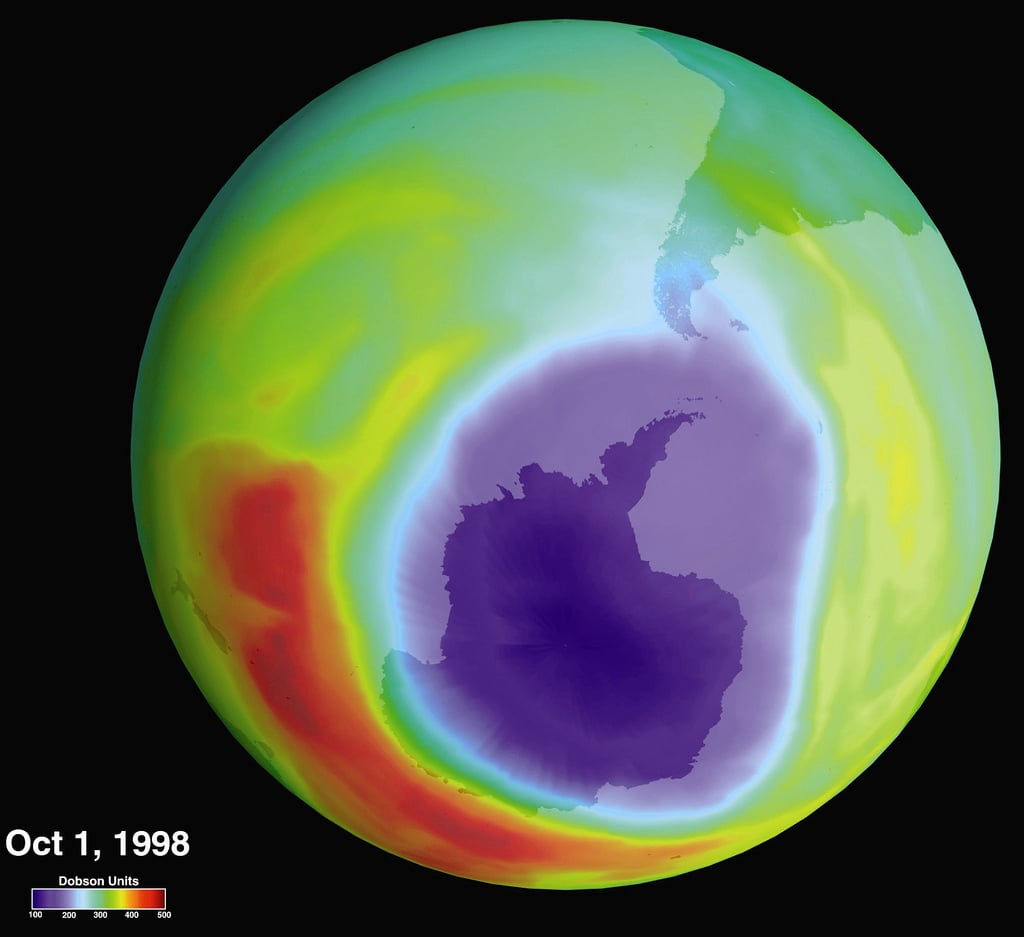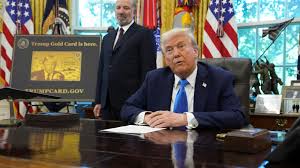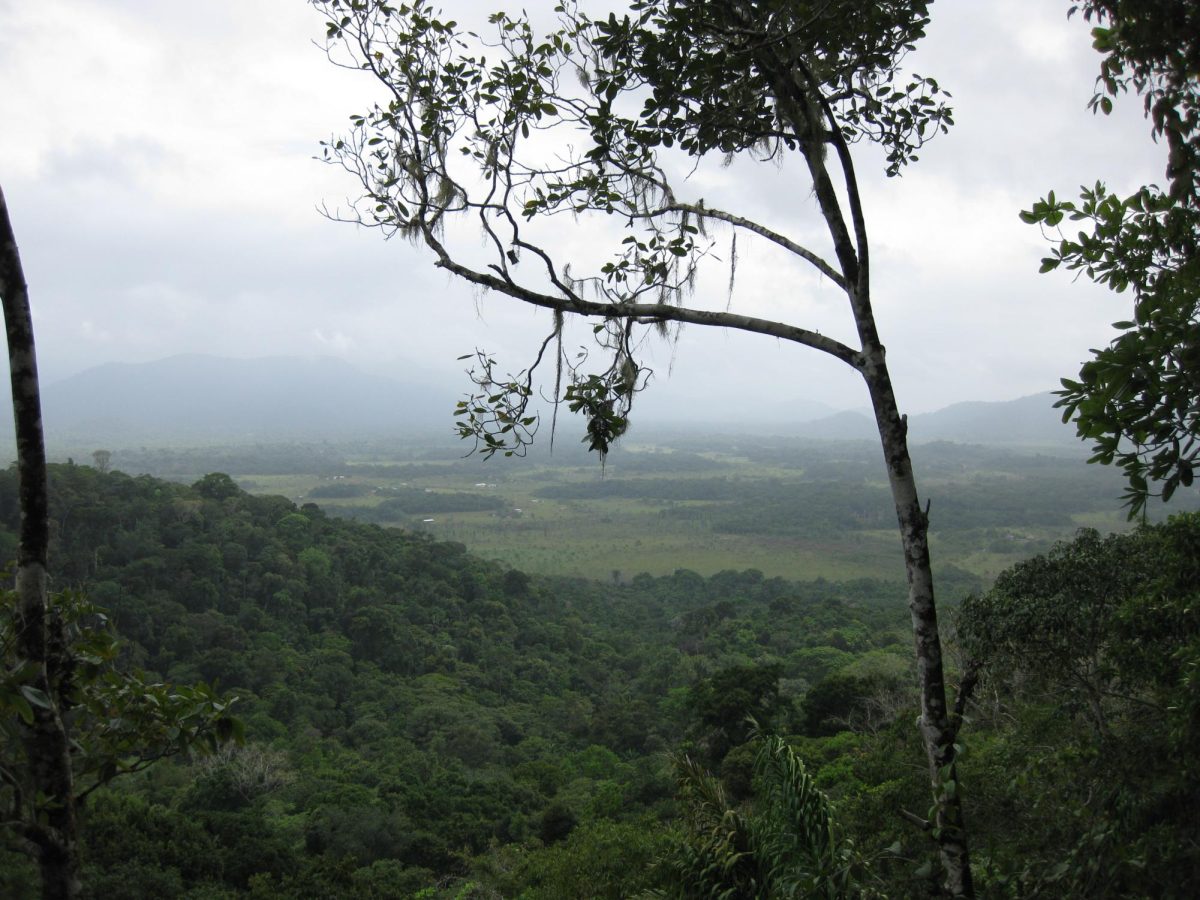The discovery of oil reserves in Guyana has recently sparked global interest and debate. This small South American nation, renowned for its stunning natural landscapes and diverse wildlife, has drawn international attention due to the economic promise of its newfound oil resources. Forbes claimed that Guyana’s rainforests are comparable in size to England and Scotland combined, serving as a “crucial carbon sink with approximately 19.5 gigatons of stored carbon.” In recent years, Guyana has made efforts to preserve these invaluable ecosystems, often requiring significant investment.
However, Guyana now finds itself amid a global controversy and is facing widespread criticism. The development of oil reserves along Guyana’s coast, while promising economic growth and development, also presents h significant environmental and social challenges. The extraction and production processes of oil carry various ecological risks, including habitat destruction, water pollution, and greenhouse gas emissions, all of which contribute to global climate change. The potential for oil spills directly threatens Guyana’s marine ecosystems and coastal communities, which heavily rely on fishing and tourism.
As concerns mount, international media outlets such as the BBC have intensified their coverage of Guyana’s oil industry, shedding light on the delicate balance between economic development and environmental conservation. According to the BBC, Guyana’s President, Mohamed Irfaan Ali, expressed frustration, arguing against the unfairness of the criticism directed at his country. He highlighted Guyana’s efforts to preserve its valuable rainforests, criticizing other nations for overlooking these conservation efforts while hindering smaller nations’ development aspirations.
As the spotlight turns to Guyana, it raises questions about fairness and accountability in addressing global environmental challenges. It’s crucial to understand that while Guyana’s carbon footprint may be smaller than that of larger nations like China, the United States, and India, the impacts of climate change disproportionately affect vulnerable countries like Guyana. This underscores the pivotal role of developed nations in acknowledging their historical emissions and supporting developing countries in transitioning to low-carbon economies and mitigating the effects of climate change. Understanding these unique challenges and working together is key to fostering empathy and driving effective change.
According to data from the Global Carbon Atlas, Guyana’s annual carbon dioxide emissions are approximately 4.8 million metric tons, significantly lower than those of major emitters such as China (around 10.1 billion metric tons), the United States (around 5.4 billion metric tons), and India (around 2.6 billion metric tons). However, despite its relatively low emissions, Guyana faces significant environmental risks due to the development of its oil industry.
The discussions surrounding Guyana’s oil industry underscore the complexity of balancing economic development, environmental conservation, and global climate action. The international community must prioritize both economic prosperity and ecological integrity to overcome the challenges and seize the opportunities its oil resources present. Turning a blind eye to these challenges could result in the continued exploitation of Guyana and other small countries, undermining their sovereignty. . Such actions from powerful countries could increase economic dependency, political instability, and social inequality for small nations. If powerful nations continue to criticize developing countries without limiting their own growth, global inequality and environmental degradation may persist, reinforcing a system where powerful nations dominate weaker ones.













































































































































